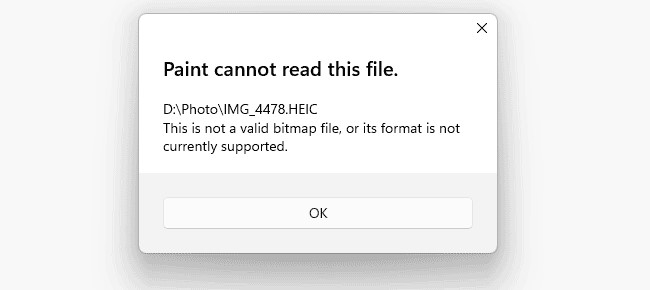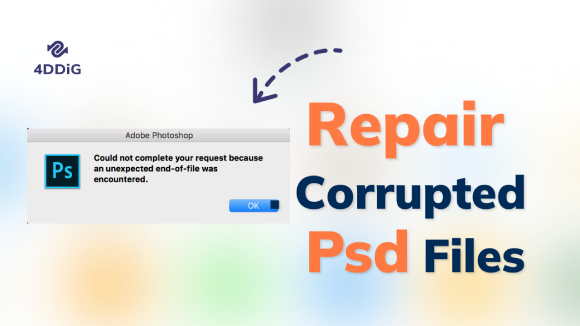Recover Unsaved Sound Recorder File Efficiently
It could be a frustrating experience to lose an unsaved sound recorder file, especially when it contains crucial information. These files often vanish due to accidental closures, system crashes, or power outages, leaving users scrambling to recover them. Despite the convenience of modern technology, the risk of data loss remains ever-present. They may contain important interviews, creative ideas, or sentimental recordings that cannot be easily recreated. In this guide, we will explore efficient methods to recover unsaved sound recorder files, ensuring that valuable audio data is not lost forever.
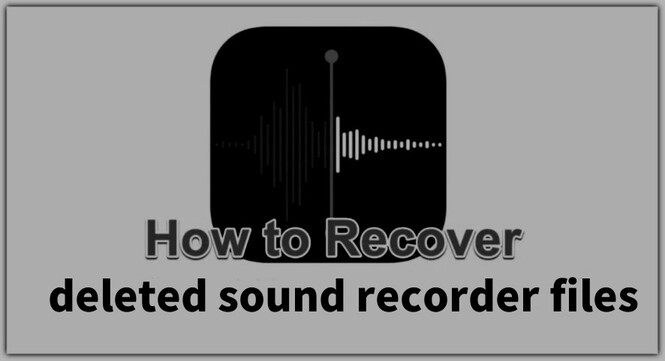
What is a Sound Recorder File?
A sound recorder file is a digital recording of audio captured using a sound recording device or software application. These files typically contain spoken words, music, ambient sounds, or any other audio input captured by a microphone or audio input device.
They are commonly saved in formats such as WAV, MP3, or AAC and can be played back on various devices, edited, and shared. Sound recorder files serve a wide range of purposes, from documenting meetings and interviews to creating music and podcasts.
How to Recover Unsaved Sound Recorder File?
It is possible to recover unsaved sound recorder files on your computer. Yes, it is. All you need to do is follow the methods given below.
1. Recover the Unsaved Sound Recorder File from the Recycle Bin
Whenever you delete something, these files go to the recycle bin. Just like the other files, the sound recorder files are also found in the recycle bin. Here are a few steps you need to follow.
-
Go to your recycle bin and find the deleted files if it is there or not.

-
Select the files you want to recover and right-click to see the restore option. Click it, and you will find the sound recorder file in the folder where it was deleted.

2. Recover Unsaved Sound Recorder File without Backup
4DDiG Data Recovery is a unique software or data recovery tool designed to retrieve lost or deleted files from various storage devices, including hard drives, SSDs, USB drives, and memory cards. It can recover a wide range of file types, including documents, photos, videos, and audio files, such as sound recorder recordings. Here are a few of the features that make it stand out amongst others.
- Selective Recovery: Selectively recover specific files or folders rather than restoring all found data, saving time and storage space.
- User-Friendly Interface: 4DDiG features an intuitive and easy-to-use interface, making file recovery accessible to users of all skill levels.
- Safe and Secure: Safety and integrity of recovered files without causing further damage to the original data.
- Preview Functionality: Preview recoverable files before proceeding with the recovery process, ensuring accurate selection and retrieval.
- Multiple Scan Modes: Quick scan for fast results and deep scan for thorough recovery of lost or deleted files from storage devices.
Secure
Download
Secure
Download
Now, let's check out how to recover unsaved sound recorder files with the help of the 4DDiG data recovery tool.
-
Download and install the 4DDiG data recovery tool on your computer. Open and select the disk drive from where the sound recorder file is deleted.

-
Select the data file type on the screen to recover. It makes it easier for the tool to scan the system faster.

-
Select the files in the software and recover the files now. The recovery process doesn’t take much time.

4DDiG data recovery tool comes up with the ultimate solution when it comes to recovering data from your computer or disk drive.
Secure
Download
Secure
Download
Tips to Avoid Sound Recorder File Unsaved
It is possible to avoid sound recorder file deletion with the help of the tips given below. Let's check them out.
To avoid the frustration of unsaved sound recorder files, consider implementing the following tips:
- Enable Auto-Save: Most sound recording software offers an auto-save feature. Ensure it's activated to automatically save your recordings at regular intervals.
- Frequent Manual Saves: Get into the habit of manually saving your recordings periodically, especially during longer sessions or critical moments.
- Check Recording Settings: Verify your recording software's settings to confirm the default save location and adjust it, if necessary, to a folder you regularly access.
- Stable Power Supply: Use a stable power source or backup power supply to prevent sudden shutdowns due to power outages, which can lead to unsaved data loss.
- Avoid Overloading System Resources: Running too many programs simultaneously can strain your system resources and lead to crashes. Close unnecessary applications when recording to minimize the risk of software instability.
- Regular Software Updates: Keep your recording software up to date with the latest patches and updates to ensure stability and compatibility with your operating system.
- Backup Recordings: Implement a regular backup routine to store copies of your recordings in a secure location, such as cloud storage or an external hard drive, providing an additional layer of protection against data loss.
- Use Reliable Hardware: Invest in a high-quality microphone and audio interface to minimize the risk of hardware-related issues during recording sessions.
Conclusion
The loss of unsaved sound recorder files can be a frustrating experience, potentially resulting in the disappearance of valuable audio recordings. Utilizing reliable file recovery software like 4DDiG Data Recovery provides a safety net for retrieving lost recordings in the event of unforeseen circumstances. It will help you recover unsaved sound recorder files within minutes. So, give it a go now and have the best experience.
FAQs about Recover Unsaved Sound Recorder File
Q1: Where does the Sound Recorder save files?
The default save location for Sound Recorder files varies depending on the operating system and settings but commonly includes the "Documents" or "Music" folders.
Q2: Does the voice recorder automatically save?
Some voice recorder applications have an auto-save feature that automatically saves recordings at regular intervals or after recording sessions. However, the presence of this feature depends on the specific voice recorder app or software being used and its settings.
Q3: Do voice recordings go away?
Voice recordings can be deleted intentionally by the user or accidentally due to system errors, device malfunctions, or data corruption. Regular backups help prevent permanent loss.
Q4: How do you recover an unsaved sound recorder file on Android?
To recover an unsaved sound recorder file on Android, you can try using file recovery apps available on the Google Play Store or check the temporary storage directory of your recorder app.
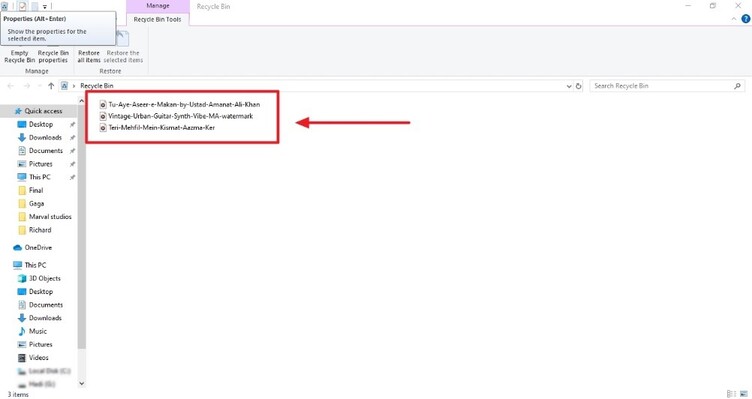
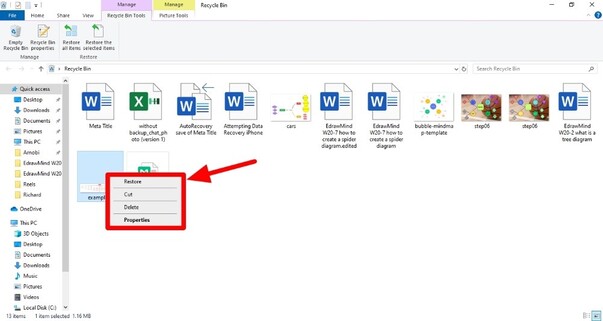
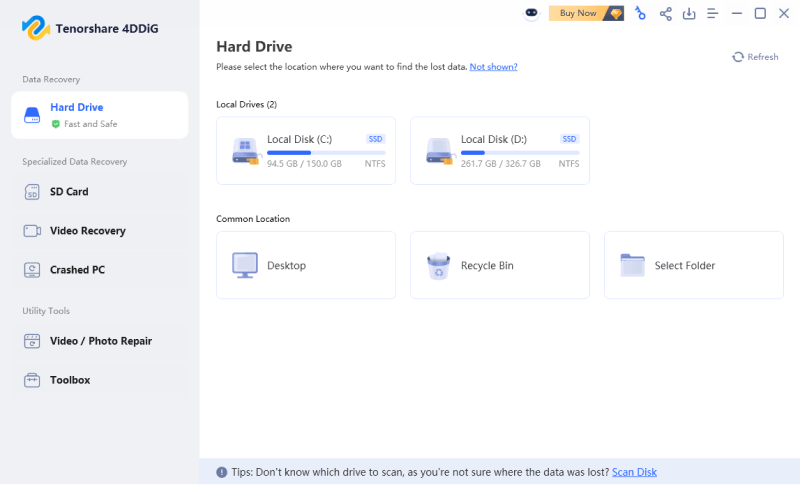
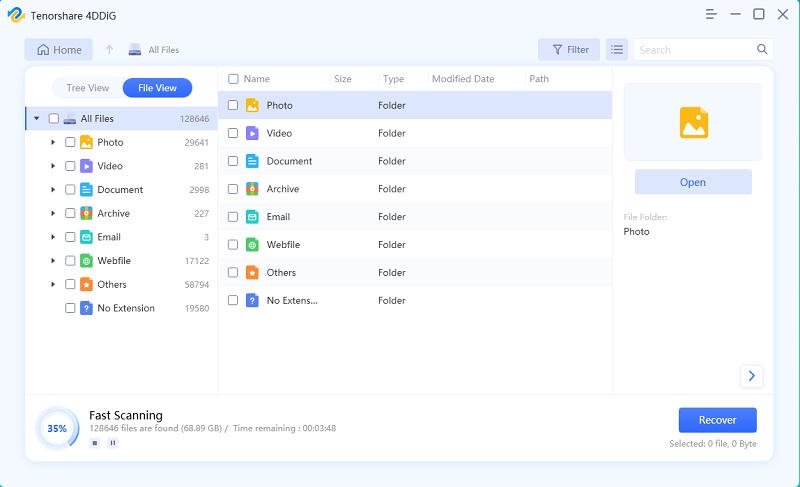
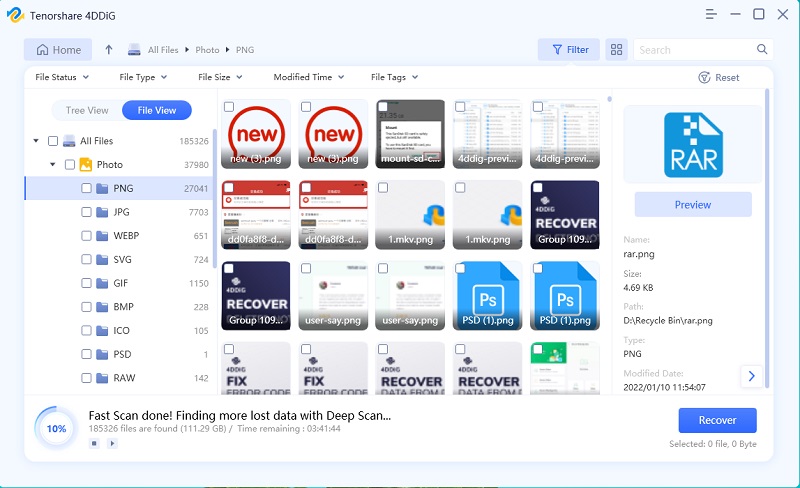
 ChatGPT
ChatGPT
 Perplexity
Perplexity
 Google AI Mode
Google AI Mode
 Grok
Grok


